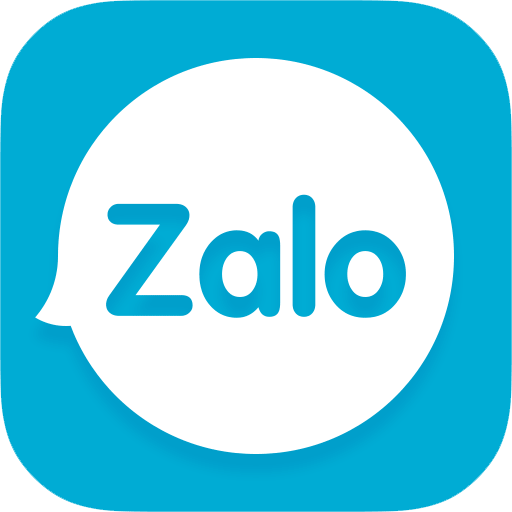Artificial intelligence (AI) has become a buzzword in a wide range of industries, promising to revolutionize the way we interact with technology. One of the areas where AI has made a significant impact is in the development of chatbots. These applications are designed to simulate human conversation, providing customer service, answering queries, and even facilitating online transactions.
One question that often arises is whether AI technology can truly enhance the functionality and effectiveness of chatbots. In this article, we will explore the potential benefits of incorporating AI into chatbot development, as well as the challenges and limitations that exist.
The Role of AI in Chatbot Development
AI technology plays a crucial role in the development and operation of chatbots. By leveraging machine learning algorithms and natural language processing (NLP), chatbots can be programmed to understand and respond to user queries in a way that mimics human conversation. This ability is what sets AI-powered chatbots apart from their rule-based counterparts, allowing for more sophisticated interactions and improved user experiences.
One of the key benefits of using AI in chatbots is the ability to continuously learn and improve over time. Traditional chatbots are limited by pre-defined rules and responses, making them less adaptable to user input. In contrast, AI-powered chatbots can analyze data, identify patterns, and adjust their responses accordingly, making them more effective at solving complex problems and providing personalized assistance.
The Benefits of AI-Powered Chatbots
There are several advantages to incorporating AI into chatbot development:
- Enhanced Natural Language Processing: AI-powered chatbots are better equipped to understand and interpret natural language, allowing for more meaningful and context-aware interactions.
- Improved User Engagement: By providing more personalized and relevant responses, AI-powered chatbots can increase user engagement and satisfaction.
- Increased Efficiency: AI technology enables chatbots to handle a larger volume of queries simultaneously, reducing the need for human intervention and improving response times.
- Continuous Learning: AI-powered chatbots can learn from past interactions and user feedback, improving their performance and accuracy over time.
- Multi-Channel Support: AI-powered chatbots can be integrated across multiple channels, including websites, social media platforms, and messaging apps, providing a seamless and consistent user experience.
Challenges and Limitations
While AI-powered chatbots offer many benefits, there are also challenges and limitations to consider:
- High Development Costs: Implementing AI technology in chatbots can be expensive, requiring specialized skills and resources.
- Data Privacy Concerns: AI-powered chatbots rely on large amounts of data to function effectively, raising concerns about user privacy and data protection.
- Complexity and Maintenance: AI-powered chatbots are more complex to develop and maintain than traditional chatbots, requiring ongoing updates and improvements.
- Accuracy and Trustworthiness: AI-powered chatbots may struggle to accurately interpret user queries or provide trustworthy information, leading to frustration and mistrust among users.
Conclusion
While AI technology has the potential to enhance the functionality and effectiveness of chatbots, it is important to carefully consider the benefits, challenges, and limitations before implementing it in your own chatbot development. By leveraging the power of AI, developers can create chatbots that are more engaging, efficient, and personalized, ultimately improving the overall user experience.
Thông tin liên hệ:
- Địa chỉ: 220/1 Nguyen Trong Tuyen Street, Ward 8, Phu Nhuan Dist., Hochiminh City, Vietnam
- Tel: (0084) 2839977249 - Fax: (0084) 2839977348
- Di động: (0084) 938136444 – Mr. Phong
- Email: info@engma.com.vn
- www.engma.com.vn



